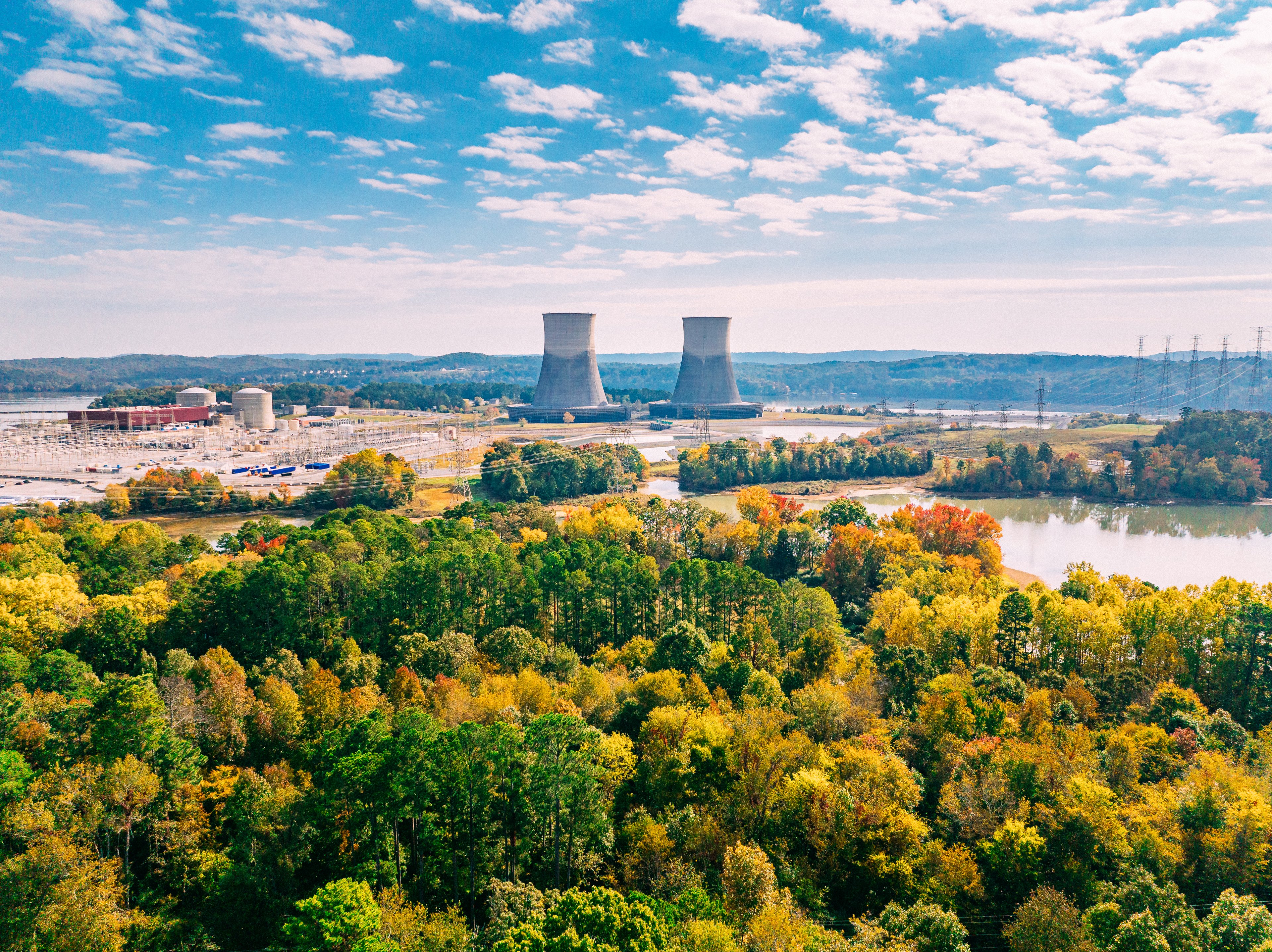Constellation Energy (CEG 1.98%) is an interesting electricity company. Most notably, it isn't a regulated utility. That gives it much more leeway to invest in the future of the power grid.
The key focus for this unique power provider is nuclear energy, and the next five years are going to see a lot of change in the company's nuclear business.
What does Constellation Energy do?
Constellation Energy generates and sells electricity. That's exactly what a regulated electric utility does, but it isn't regulated.
This is a very important distinction, since regulated utilities are granted monopolies in the regions they serve but must have their capital investment plans and rates approved by the government. This reduces risk but limits growth.

Image source: Getty Images.
Simply put, Constellation Energy has more opportunity to grow its business, but that opportunity comes with increased risk. Largely, it generates power that is sold under contract to others, including utilities, individuals, and corporations. It can charge whatever the market allows, without having to worry about the government getting too heavily involved. So, it is something of a growth-focused electricity provider.
The backstory is that Constellation operates around 22.1 gigawatts of nuclear power capacity; the nearest runner-up has just 6.3 gigawatts. That nuclear capacity helps to make it the largest producer of carbon-free power in the United States.
To be fair, that isn't the same as renewable energy, which generally refers to things like solar and wind. But nuclear is increasingly seen as an important support for those intermittent energy sources and as a reliable provider for end markets (data centers and artificial intelligence) that need an uninterrupted power supply, which is often referred to as baseload power.
The future for Constellation is more nuclear
For investors looking at Constellation, there are two key things to note. First, it is looking to be a growth-focused power company. A recent move on this front was its agreement to buy Calpine, a large producer of electricity derived from natural gas, along with hydroelectric power. Like Constellation, it largely sells power outside of the regulated framework.
That move will add diversification to its business, but it doesn't change the fact that it is the leader in nuclear power. And management plans to stay in the pole position by making material investments in its nuclear reactor fleet.
That includes looking for approval to extend the life of operating reactors and reopening reactors that have been shuttered. Given the right circumstances, it would likely even consider building new reactors.

NASDAQ: CEG
Key Data Points
Constellation is driven toward nuclear growth because there is demand for such power from corporations and the U.S. government. Notably, it recently signed a 20-year deal with Meta Platforms to supply it with electricity. And it has a 10-year contract with the U.S. government focused on nuclear power. Even as the Calpine deal diversified its power portfolio, the company is clearly leaning into nuclear in a big way.
That's all well and good, but the big story is a bit deeper. State-backed programs eat up a lot of Constellation's nuclear capacity today. However, some of those programs are set to end over the next five years or so, allowing the company to sell more nuclear energy at market prices. Management believes that will lead to an uptick in earnings as it charges higher market-based rates.
Constellation stock is not cheap
All in, the company's story over the next five years is about growth, with a specific highlight being in the nuclear space. If that interests you, then you'll want to keep a close eye on this business.
But tread with caution because this growth story isn't being ignored by other investors. The stock is up more than 600% over the past five years, which likely prices in a lot of the potential good news. However, a large drawdown, which isn't uncommon here, might make these shares attractive again.






